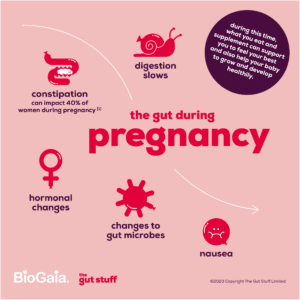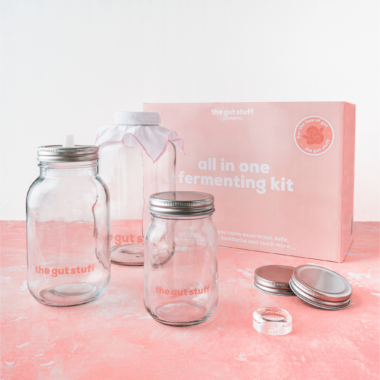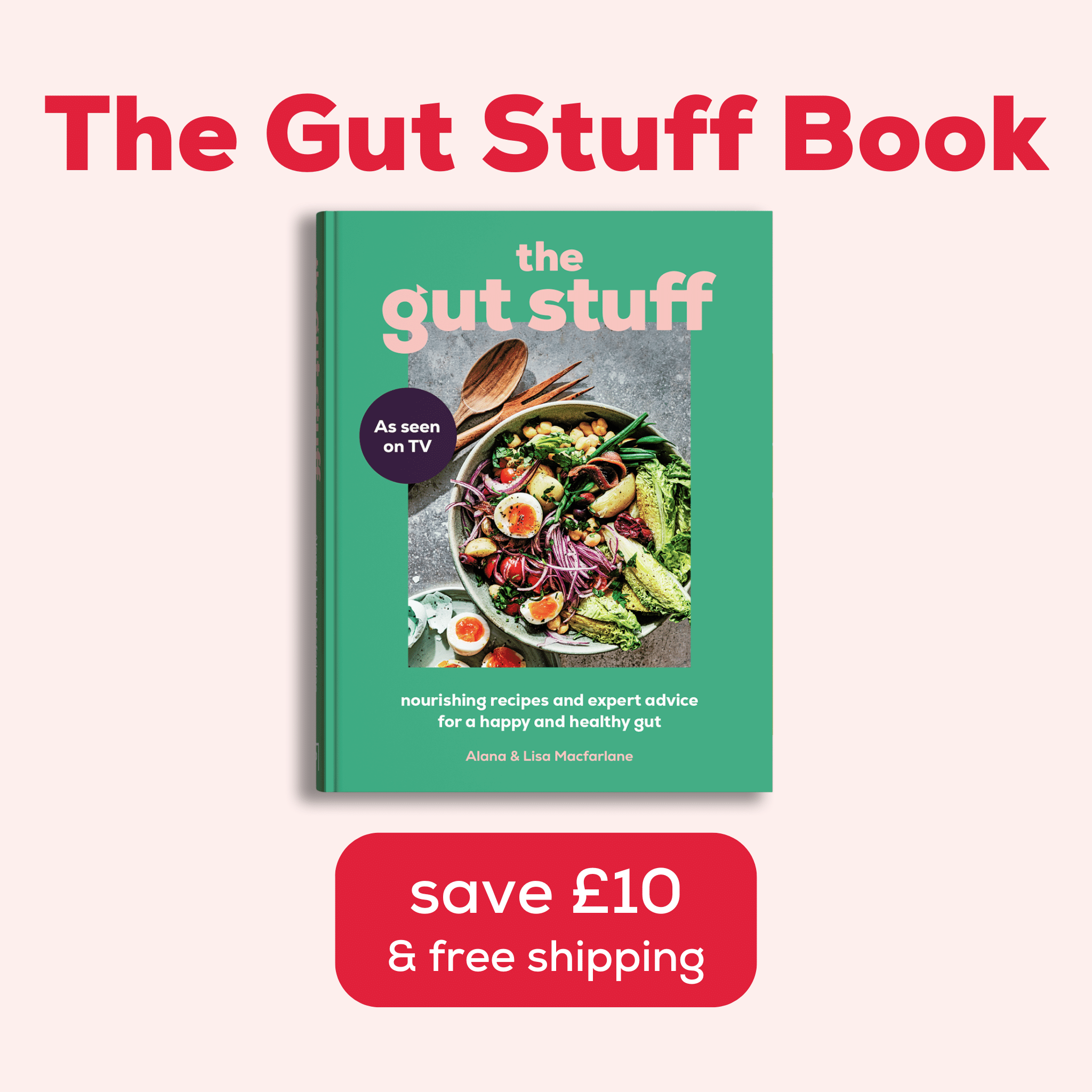
Pregnancy and Nutrition
Pregnancy is an exciting time with lots of changes happening to your body as you wait to meet your baby. During this time, what you eat can support you to feel your best and also help your baby to grow and develop healthily. There’s no special diet for pregnancy and general healthy eating is best. Try and eat three meals a day and snacks if needed. It’s a common myth that you need to eat for two, your energy needs only increase by about 200kcal in your third trimester.

There are some foods that are more likely to be at higher risk of food poisoning that you’ll want to avoid as this can be dangerous for both mum and baby.
avoid foods at high risk of food poisoning
- Undercooked or raw meat, fish, shellfish or eggs
- Unpasteurised milks or cheeses
- Foods past their use by date
other foods to limit or avoid
- High vitamin A foods like liver and liver pate, supplements with vitamin A
- Alcohol
- No more than 2-3 mugs of coffee or tea a day (or choose decaffeinated)
You should take a pregnancy multivitamin, or a daily supplement of 400mcg folic acid and 10mcg vitamin D. Unless you’re regularly eating fatty fish like salmon, mackerel and sardines, it’s recommended to take a separate omega 3 supplement from week 12 onwards too. Taking omega-3 supplements can reduce the risk of premature births (1).
In pregnancy it can be common to have side effects like nausea, constipation and heartburn. These symptoms can significantly impact how you feel day-to-day during your pregnancy and can be uncomfortable and distressing. Try the following tips if this is something that you’re struggling with.
nausea
Nausea is the most common gastrointestinal symptom during pregnancy, and we’re still not fully sure what causes it. In 90% of pregnancies, nausea tends to resolve past 20 weeks. If you feel nauseous you can:
- Try eating little and often
- Eat ginger-tasting foods can help to ease some of the nausea
- Choose dry crackers or other plain foods
- Keep your hydration up
constipation
Constipation can impact 40% of women during pregnancy (2). Rising progesterone and reduced motilin hormone levels means that it takes longer for food to move through your digestive system slowing everything down. More water is then absorbed out of your gut, which causes your forming poo to be more dried out and difficult to pass than it would have been before.
- Try to up your fibre intake by eating more whole-grains, fruit, vegetables, beans, nuts and seeds
- Increase your fluid intake to soften your stools
- Movement like going for a walk in the morning or after meals can help get things moving
Probiotics can also help to ease nausea, vomiting and constipation (3). Taking probiotics during pregnancy is generally considered to be safe, and has been shown to have no increased risk for baby and mum (4).
references
- Middleton P, Gomersall JC, Gould JF, Shepherd E, Olsen SF, Makrides M. Omega-3 fatty acid addition during pregnancy. Cochrane Database of Systematic Reviews 2018, Issue 11 . Art. No.: CD003402. DOI: 10.1002/14651858.CD003402.pub.
- Sung V, D’Amico F, Cabana MD, Chau K, Koren G, Savino F, Szajewska H, Deshpande G, Dupont C, Indrio F, Mentula S, Partty A, Tancredi D. Lactobacillus reuteri to Treat Infant Colic: A Meta-analysis. Pediatrics. 2018 Jan;141(1):e20171811. doi: 10.1542/peds.2017-1811. PMID: 29279326.
- Riezzo G, Orlando A, D’Attoma B, Linsalata M, Martulli M, Russo F. Randomised double blind placebo controlled trial on Lactobacillus reuteri DSM 17938: improvement in symptoms and bowel habit in functional constipation. Benef Microbes. 2018 Jan 29;9(1):51-60. doi: 10.3920/BM2017.0049. Epub 2017 Oct 12. PMID: 29022390.
- Jarde A, Lewis-Mikhael AM, Moayyedi P, Stearns JC, Collins SM, Beyene J, McDonald SD. Pregnancy outcomes in women taking probiotics or prebiotics: a systematic review and meta-analysis. BMC Pregnancy Childbirth. 2018 Jan 8;18(1):14. doi: 10.1186/s12884-017-1629-5. PMID: 29310610; PMCID: PMC5759212.




